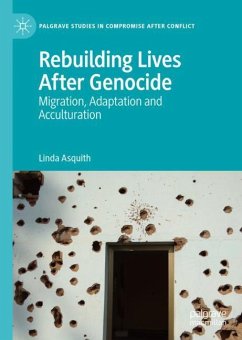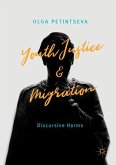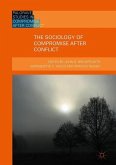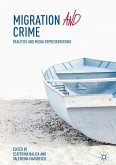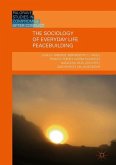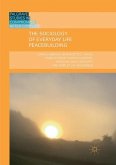This book examines how genocide survivors rebuild their lives following migration after genocide. Drawing on a mixture of in-depth interviews and published testimony, it utilises Bourdieu's concept of social capital to highlight how individuals reconstruct their lives in a new country. The data comprises in-depth interviews with survivors of the Rwandan and Bosnian genocides, and the Holocaust. This combination of data allows for a broader analysis of the themes within the data. Overall, Rebuilding Lives After Genocide seeks to demonstrate that a constructivist, grounded theoretical approach to research can draw attention to experiences that have been hidden and unheard. The life of survivors in the wake of genocides is a neglected field, particularly in the context of migration and resettlement. Therefore, this book provides a unique insight into the debate surrounding recovery from victimisation and the intersection between migration and victimisation.
Bitte wählen Sie Ihr Anliegen aus.
Rechnungen
Retourenschein anfordern
Bestellstatus
Storno

